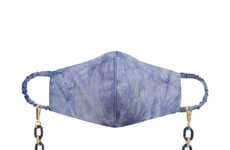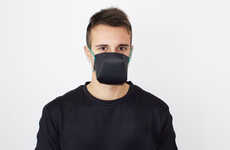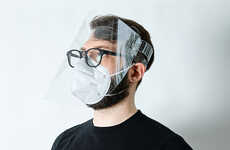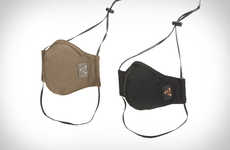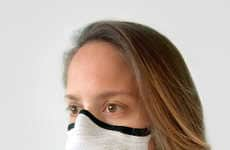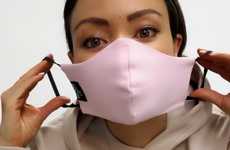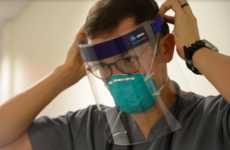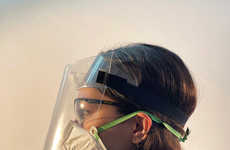



Companies are repurposing materials to create mask and reduce waste production
Trend - Many brands are developing face masks as protection against the ongoing COVID-19 pandemic. As production increases, some take a more sustainable route to produce the necessary masks. They pivot by repurposing materials to reduce waste and offer upcycled face mask solutions.
Insight - The current pandemic has brought awareness to consumers about the necessary means of maintaining personal hygiene. With this, they are also more alert to the global impacts beyond themselves, especially eco-conscious consumers. They have rising concerns about environmental impacts due to the mass production of one-time-use products but are still seeking equally hygienic alternatives. With this in mind, consumers will appreciate brands that satisfy both needs.
Insight - The current pandemic has brought awareness to consumers about the necessary means of maintaining personal hygiene. With this, they are also more alert to the global impacts beyond themselves, especially eco-conscious consumers. They have rising concerns about environmental impacts due to the mass production of one-time-use products but are still seeking equally hygienic alternatives. With this in mind, consumers will appreciate brands that satisfy both needs.
Workshop Question - How can your brand appeal to sustainably conscious consumers?
Trend Themes
1. Upcycling - The push for sustainable practices affects the face mask industry via brands repurposing materials to reduce waste and offer upcycled face mask solutions.
2. Socially Conscious Fashion - Sustainability is a recent focus of the fashion industry, with the upcycling of archival fabrics and proceeds towards good causes noted as opportunities for innovation.
3. Biodegradable Materials - As people seek non-medical protection in public, the push for biodegradable and antimicrobial materials led to the creation of coffee-based, milk-based, and food waste-based face masks.
Industry Implications
1. Fashion - Sustainability-driven innovation in fashion foregrounds the potential for upcycling and repurposing materials to reduce waste, upcycle secondhand, and advance eco-conscious collections.
2. Healthcare - Sustainable practices in healthcare that highlight the importance of face masks as protection against COVID-19 informed the innovation of using antimicrobial and biodegradable materials from coffee and food waste.
3. Hospitality - Furloughed staff from the hospitality sector with transferable skills-- such as sewing and pattern-making-- can be employed to make eco-friendly face masks via upcycling and biodegradable materials.








